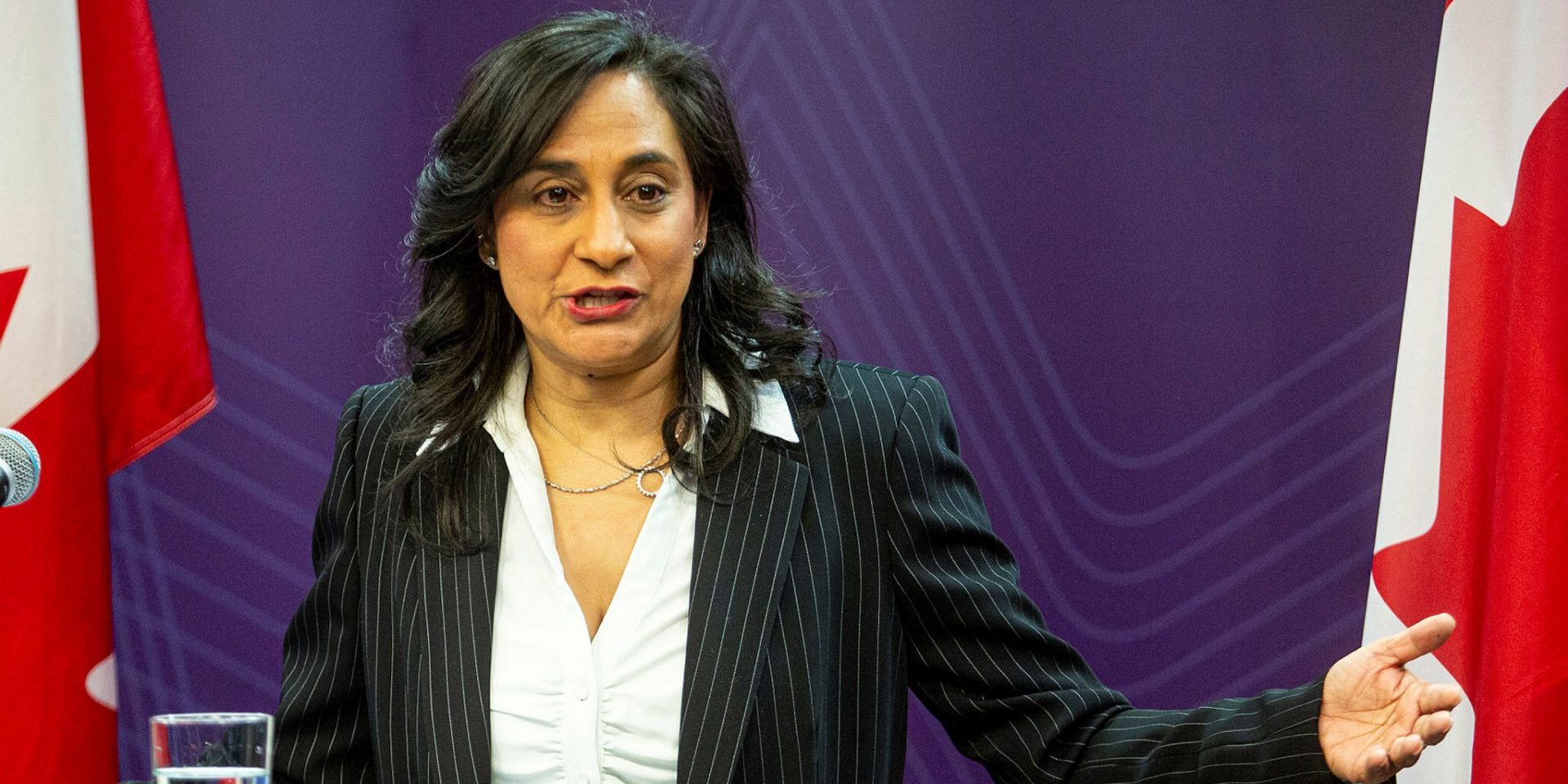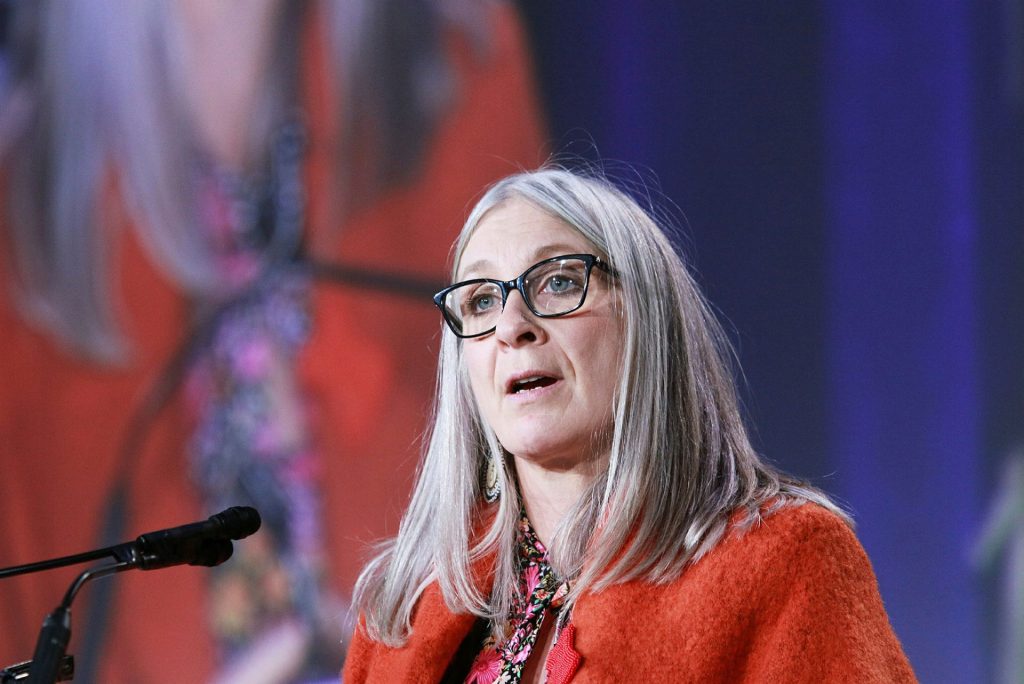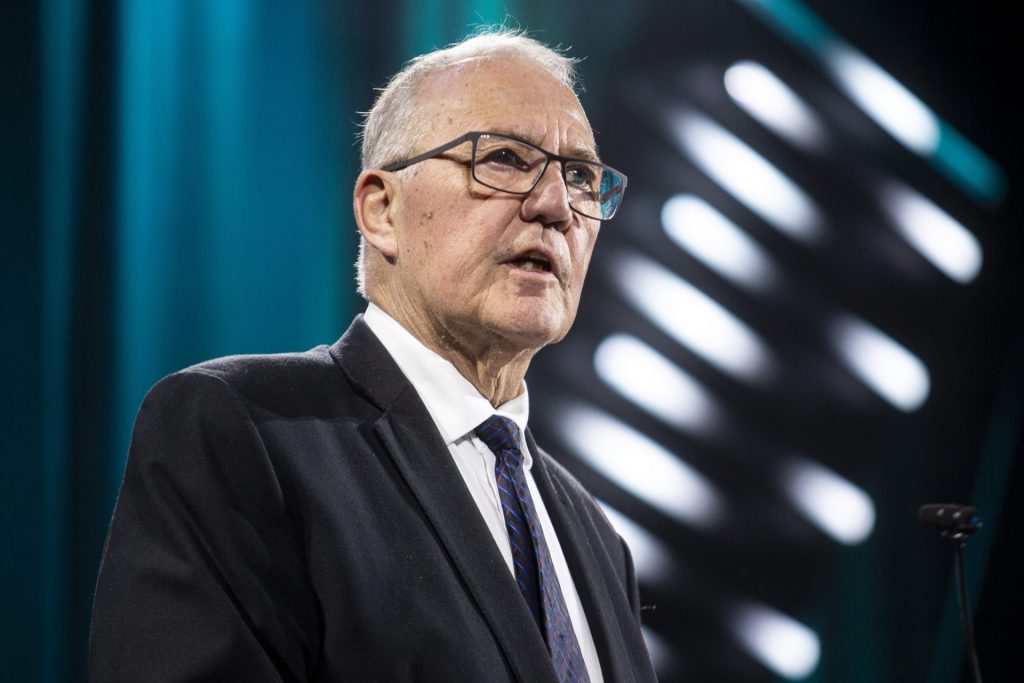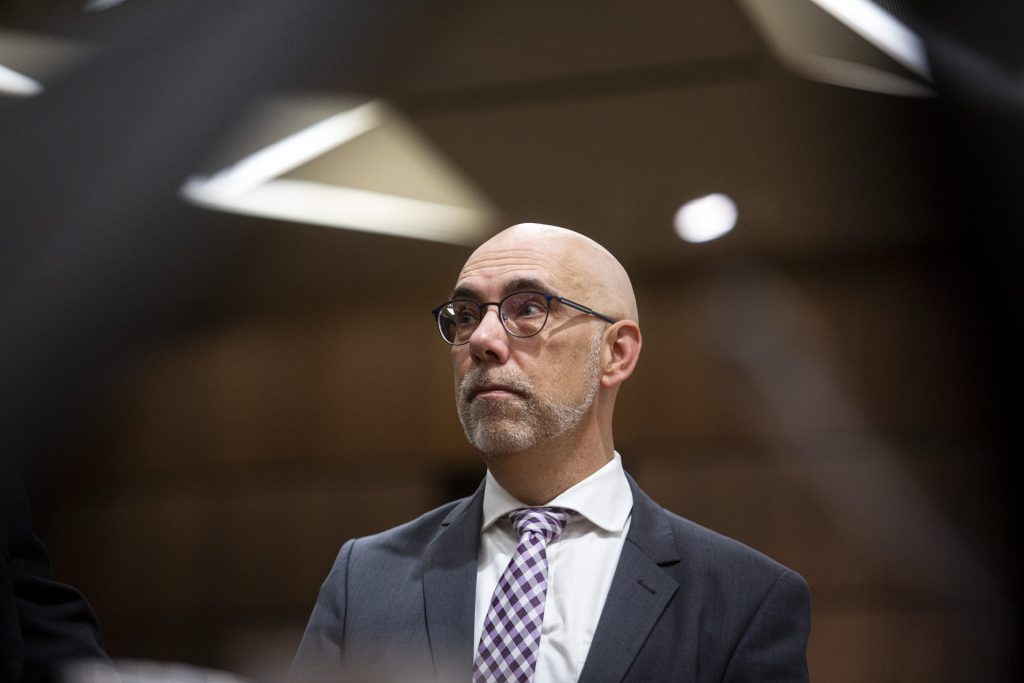Feds request $24.8-billion boost as Liberals double down on budget 2024 pledges in latest estimates

The Liberal government’s latest round of estimates outline $6.4-billion in new spending to fulfill budget 2024 promises, representing about a quarter of the total dollars set out.
On Nov. 18, Treasury Board President Anita Anand (Oakville, Ont.) tabled the supplementary estimates B in the House of Commons, outlining $24.8-billion in new budgetary spending for 2024-25—$21.6-billion of which will be subject to parliamentary votes. The other $3.2-billion in statutory measures are already approved through existing legislation. The document also outlines $676-million in statutory non-budgetary measures that affect the government’s fiscal position, but not its bottom line.
The new budgetary spending plan brings the year-to-date total to $486.7-billion, up from last year’s total of $479.4-billion in the corresponding estimates.
An ongoing privilege debate in the House means MPs can't currently vote on the portion requiring their approval. But if and when the measures do come to a vote, MPs will be weighing some big-ticket items from the 2024 budget related to Indigenous services and defence, as well as additional personnel spending in the public service.
Tracking Budget 2024 initiatives
The Office of the Parliamentary Budget Officer (PBO), which has been tracking the implementation of budget 2024 measures in the estimates, identified 241 budget initiatives in this year’s fiscal blueprint, excluding “off-cycle measures” that were introduced following the previous year’s fiscal update.
The PBO found more than 200 of those measures pledged new money for the 2024-25 fiscal year, with the latest estimates seeking funding for 143 of them. That aspect of the supplementary request totals $6.4-billion—about a quarter of the budgetary measures outlined in the document.
The supplementary estimates B are the second opportunity for the government to request budget 2024-related funds because the main estimates were tabled prior to this year’s budget.
According to the PBO's tally, the government has so far requested $8-billion for budget 2024 promises in the two supplementary estimates.
By comparison, at the same stage in last year’s fiscal cycle, the PBO analysis found the government had requested a slightly larger amount of money, but for a smaller number of initiatives tied to that year’s budget—approximately $10-billion for 89 of the 2023 federal budget’s 170 planned spending initiatives.
PBO Yves Giroux said this likely either means that some departments moved their spending proposals through Treasury Board more quickly this year, or they had a better idea of expected initiatives ahead of the budget, and were able to do more work in advance.
“Either they were not taken by surprise on as many fronts by budget funding, or they worked more diligently post-budget to get these initiatives ready,” said Giroux.
There remain several key budget 2024 pledges that have yet to receive appropriations in any of the estimates to date. The list includes $59-million that was budgeted this fiscal year for launching the national pharmacare program. The government recently told The Hill Times it's in talks with all jurisdictions on reaching pharmacare agreements, but multiple provincial and territorial governments have said they have not received “any details,” or are not in “formal” talks.
Also missing from the estimates to date are the government's pledged $43-million to launch a Canada Disability Benefit; $42-million for “Investing in CBC/Radio-Canada"; or $50-million for an initiative called “More Skilled Trades Workers Building Homes,” $5-million of which was set to come from existing departmental resources.
Big ticket items
The five largest items in these estimates tied to the 2024 budget—as identified by the PBO—are related to Indigenous Services or National Defence.

The estimates seek $629-million for First Nations and Inuit Health, $348-million for First Nation K-12 education, and $314-million for supporting Indigenous mental health. These are the first-, second-, and fifth-largest budget 2024 requests, respectively, in the document.
They form part of $4.5-billion in total new spending for Indigenous Services Canada requested through the supplementary estimates B, including budgetary measures from previous years.
“It's a bit surprising to see money of that magnitude relatively late in the year for programs that are otherwise quite predictable,” said Giroux, noting some of the programs in this request were announced before the budget.
“But maybe they were faced with unforecasted or unexpected increase in costs.”

The third- and fourth-largest items come from the Department of National Defence, which is seeking $320-million and $317-million, respectively, to provide military support to Ukraine and maintain its naval vessels.
In total, the department is requesting $763.5-million in these estimates to provide military aid to Ukraine, including the $320-million tied to budget 2024.
This is part of an overall $3.3-billion in new spending for National Defence, across all budgetary measures.
There’s also money in the estimates for Ukraine across some other departments. The Canadian Security Intelligence Service is seeking $4.4-million to provide assistance for Ukraine, while Global Affairs Canada is requesting about $45-million to “advance humanitarian demining and promote cyber resilience in Ukraine.”
All of those measure will require approval by MPs, but an additional $400-million loan to Ukraine will not be caught up in the current parliamentary gridlock because it is a statutory measure.
Personnel spending
There’s also about $2.9-billion of new budgetary spending on personnel in these estimates, with about half of that going to the Treasury Board Secretariat.
Giroux said this new spending highlights “two opposing trends.”
“On the one hand, you have the government indicating that it plans on reducing the size of the public service by 5,000 over four years through attrition. So you'd expect a slowing down of the increases, or even a stabilization of the personnel spending,” said Giroux. “On the other hand, the budget included several measures that require additional [full-time-equivalent staff.]”
For example, he pointed to budget 2024 commitments to improve call centre services and clear immigration backlogs.
Giroux said it appears those efforts are “apparently taking precedence” over the anticipated decline in the size of the public service.
“It seems that the trend that we've seen over the last several years is continuing with more public servants,” said Giroux. “Despite the fact that the government has indicated through multiple exercises that it will exercise expenditure restraints or re-allocations, it doesn't seem to be happening.”
Estimates come without ‘accurate picture’ of last fiscal year
Parliamentarians must assess these estimates without knowing the bottom line from the last fiscal year because the public accounts for the 2023-24 fiscal year still have yet to be released.
The PBO has been calling for an earlier mandatory release date for the public accounts so that MPs and Senators have that information when they are assessing documents like the supplementary estimates B, as well as the fall economic statement.

“We don't know what the deficit was for last year, but parliamentarians are asked to agree to more spending,” said Giroux.
He noted that MPs also do not have final numbers on any “individual department's spending profile compared to their authority” from the previous fiscal year, meaning they do not know whether departments lapsed on using some of the funds they were previously allocated.
“It's asking parliamentarians to agree to spending of dozens of billions without giving them an accurate picture of what happened last year,” he said. “So it's depriving them of very useful information on the fiscal situation of the government.”
icampbell@hilltimes.com
The Hill Times






 LICENSING
LICENSING PODCAST
PODCAST ALERTS
ALERTS













